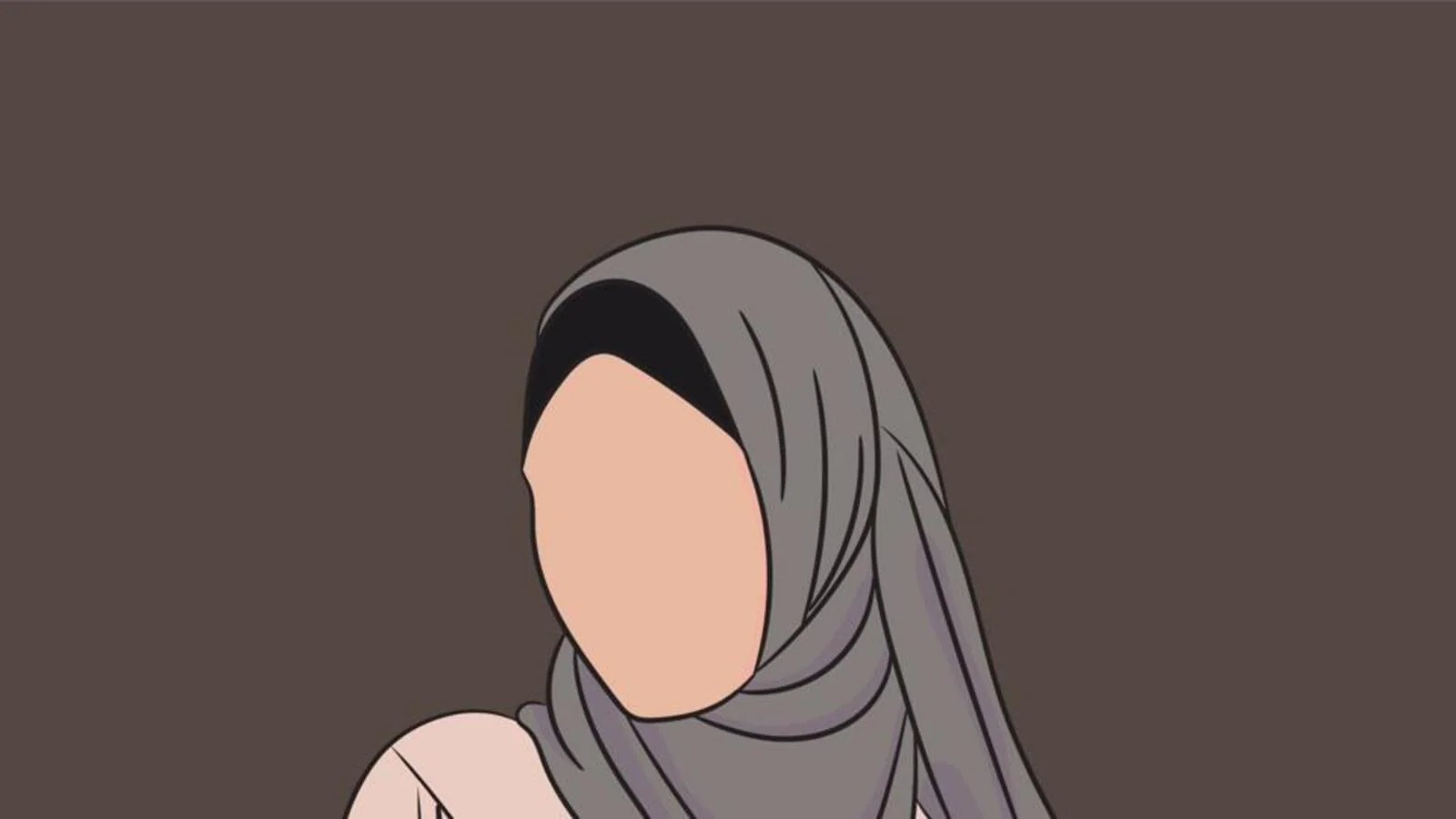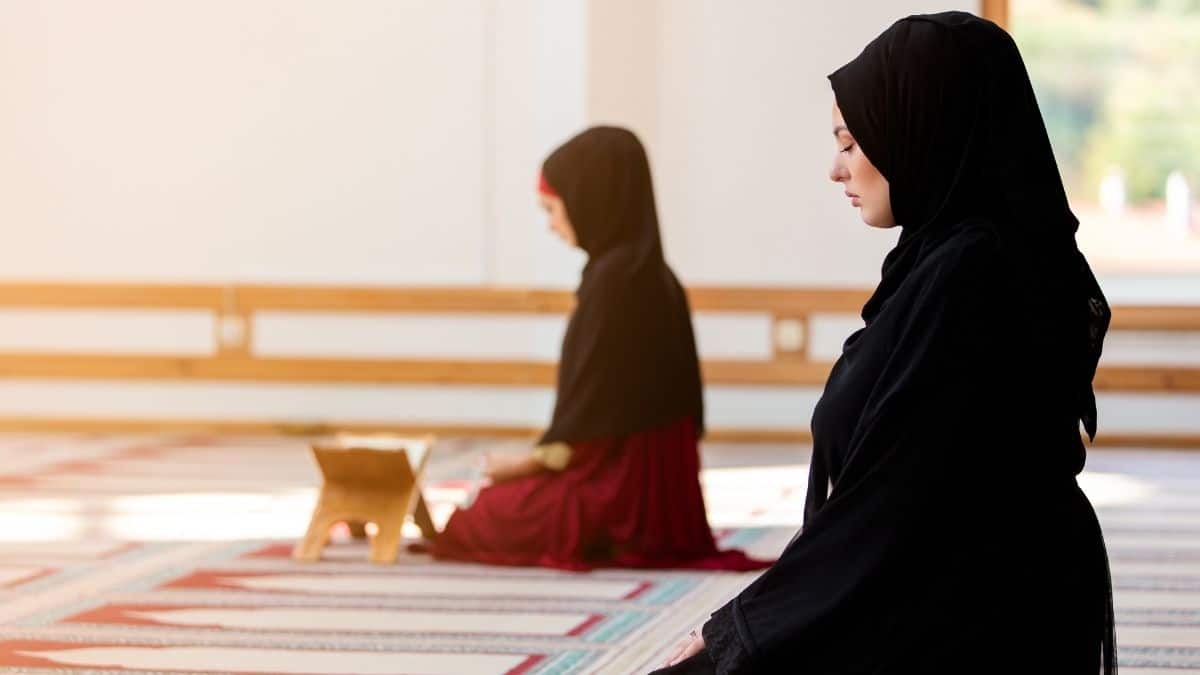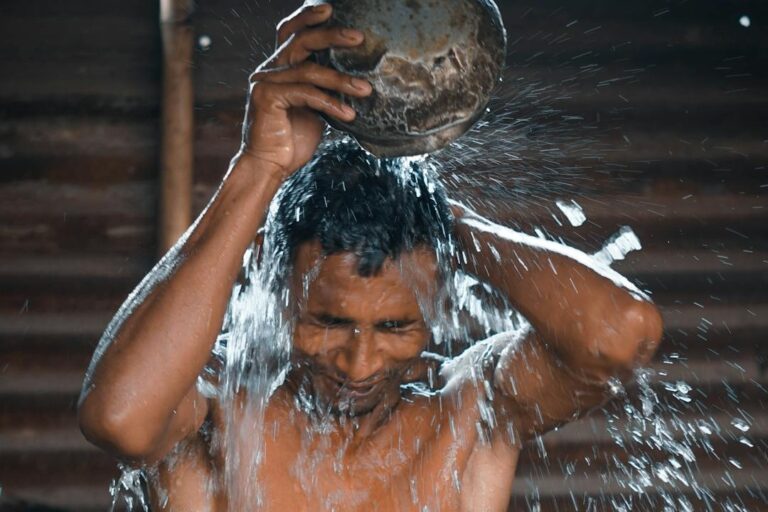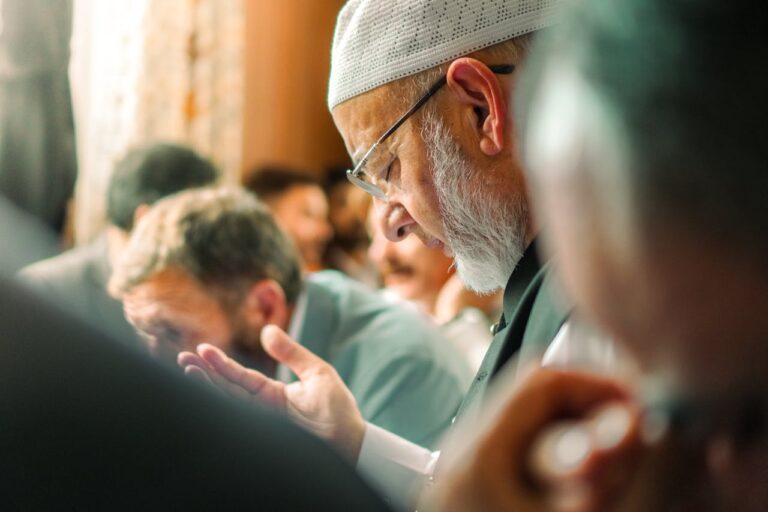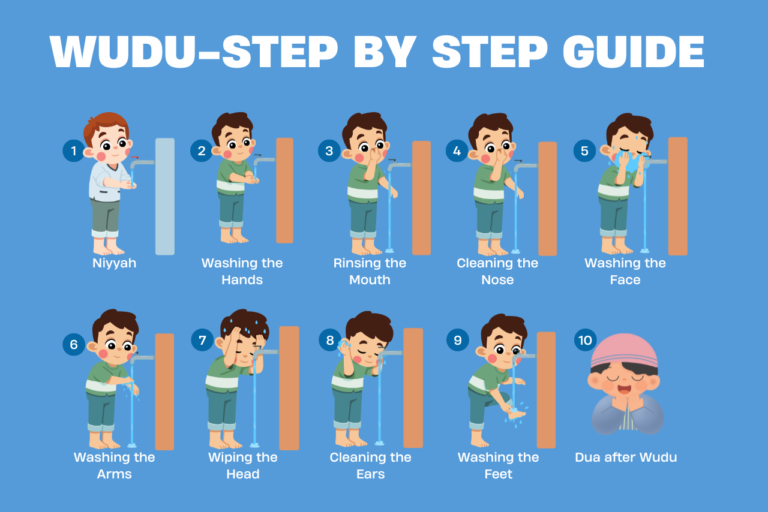Women Hijab in Islam | A Quranic Perspective
Islam has given women a dignity that the world has not been able to provide them to date. Such dignity should be treated with respect in the home and respected in society. Modern anti-Islamic forces are trying to convince Muslim women that Islam has imposed too many restrictions on them. There is a misconception that even educated women in our society fall prey to, thinking that we may not have been given our due rights. Every woman should understand an Islamic stance on hijab and the nature of her relationships.
This blog post will explore the importance of the women hijab in Islam and provide an interpretation of verses from the Quran that highlight why do women wear hijabs. By understanding its true essence, we can better appreciate the hijab for women in Islam.
Quranic Interpretation of Hijab
Hijab of Eyes
In the Quran, Allah commands the believing women to observe modesty and practice what is often referred to as the “hijab of the eyes” a fundamental aspect of women hijab in Islam. This is evident in the verse:
“Say to the believing women that they should lower their gaze and guard their chastity…”(Surah An-Noor:31)
In this verse, women are instructed to lower their gaze as well. This “hijab of the eyes” is an important aspect of modesty, reflecting a broader Islamic teaching on self-restraint. When a Muslim man or woman lowers their gaze while interacting with a non-mahram, they are simply adhering to the Islamic principle of modesty, which is also found in other religions.
Covering the Head
Following this, the Quran outlines a dress code for women, instructing them to cover their beauty appropriately:
“And let them not display their adornment except that which is apparent, and let them place their khumur over their bosoms…” (Surah An-Noor:31)
In this verse, The term khumur refers to a headscarf that covers the head. The verse also instructs women to place the khumur over their bosoms, which means the scarf should be worn in such a way that it covers the head and also extends to cover the neck and chest area. This is a common aspect of women hijab in Islam.

This understanding is supported by the practices of the women of Medina (the Ansar) during the time of the Prophet (peace be upon him). When the verse was revealed, they immediately took their aprons, tore them, and used them to cover their heads and bosoms. This action demonstrates how the early Muslim women understood and implemented the guidance of the Quran regarding modesty.
Covering the Outer Body
In Surah al-Ahzab, Allah commands the Prophet Muhammad (peace be upon him) to instruct his wives, daughters, and believing women to observe modesty by wearing an outer garment:
“O Prophet! Tell your wives, your daughters, and the women of the believers that they should draw their cloaks (jalabib) over themselves…” (Surah Al-Ahzab:59).
According to the Arabic dictionaries, the term jalabib (plural of jilbab) refers to a loose, outer garment, an important aspect of women hijab in Islam. This indicates that the Islamic dress code for women involves more than just covering the head with a scarf. The garment should be long, loose, and modest, covering the body appropriately. Cover refers to a large “Shawl” which covers the whole body of a woman towards the head. The same interpretation is narrated by Abdullah Ibn Mas’ud.

Therefore, an outfit consisting of a tight sweater or short dress paired with tight jeans, even if a scarf is worn over the head, does not meet the standards of women hijab in Islamic perspective. The prescribed clothing should be long, loose, and cover the body in a manner that preserves modesty as commanded by Allah in the Quran.
Women Satr vs Women Hijab in Islamic Theology
Satar:
Women’s whole body is covered by the satar, except for their hands and faces. As a result, it is not permissible for her to open her satar in front of her non-mahram and mahram relations (other than her husband). A woman can only keep her face and hands open in front of her mahram relatives.
Hijab:
When a woman covers her face with a cloth or a scarf, it is called a hijab. A hijab is not necessary in front of Mahram. Whereas the command of hijab or veil in front of a non-mahram has been given in the Quran. Most scholars say that the face and hands are not included in satar, so they don’t need to be covered, although the name hijab is also used to cover the face and hands from non-mahrams.
The satar should be hidden while working with a mahram or non-mahram, but one can uncover the face and hands while interacting with a mahram, and it is mandatory to wear a hijab when working with a non-mahram.
Who a Woman Does Not Need to Wear Hijab In Front Of
The verse 31 (surah An-Nur) also specifies the list of mahram relatives in whose presence women are not required to observe the hijab, including the husband, father, father-in-law, son, and other specific family members. These are individuals with whom a woman can be more relaxed in terms of modesty because of the close, permissible family relationship.
Conclusion
In conclusion, the concept of modesty in Islam, as outlined in the Quran, is not just about covering the body, but about embracing a way of life that promotes respect, dignity, and humility. Islam ensures women dress in a way that preserves their modesty and protects them from unwanted attention. This is a holistic approach to modesty that encompasses both external appearance and internal values.
The Islamic dress code for women, as prescribed in the Quran, is a reflection of the faith’s deep respect for women, emphasizing their worth beyond their physical appearance. It is about empowering women to be recognized for their character, intellect, and contributions to society, not due to their outer looks. Understanding and implementing the principles of modesty, as taught by the Prophet Muhammad (peace be upon him), not only strengthens the individual’s relationship with Allah but also promotes a society where respect and dignity are central values for all.
Muslim woman wearing hijab can confidently express their faith, embrace their identity, and maintain their dignity in a world that often misinterprets or challenges these principles. The true essence of hijab is not in the garment itself, but in the intention behind it—modesty, humility, and a deep connection with Allah’s commands.

